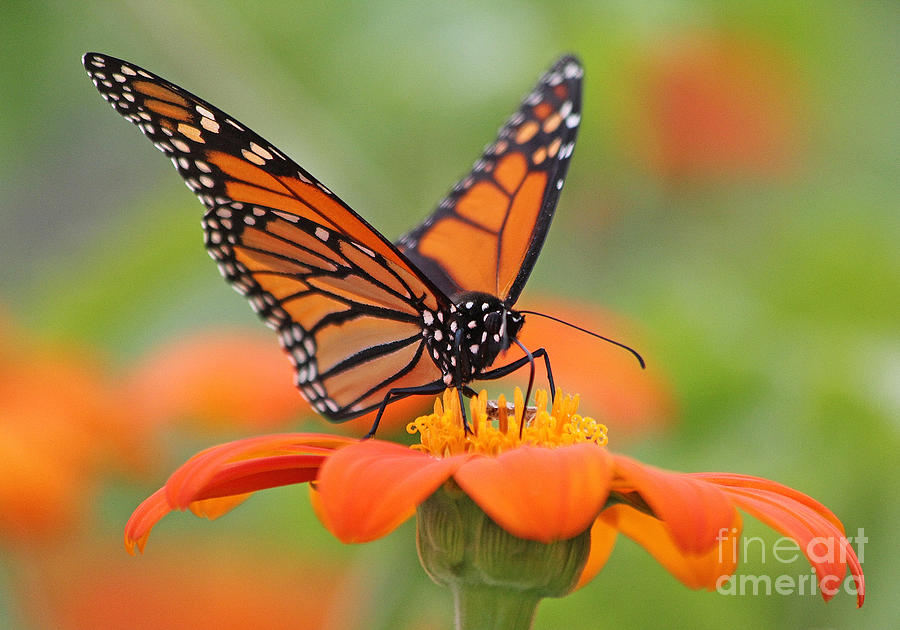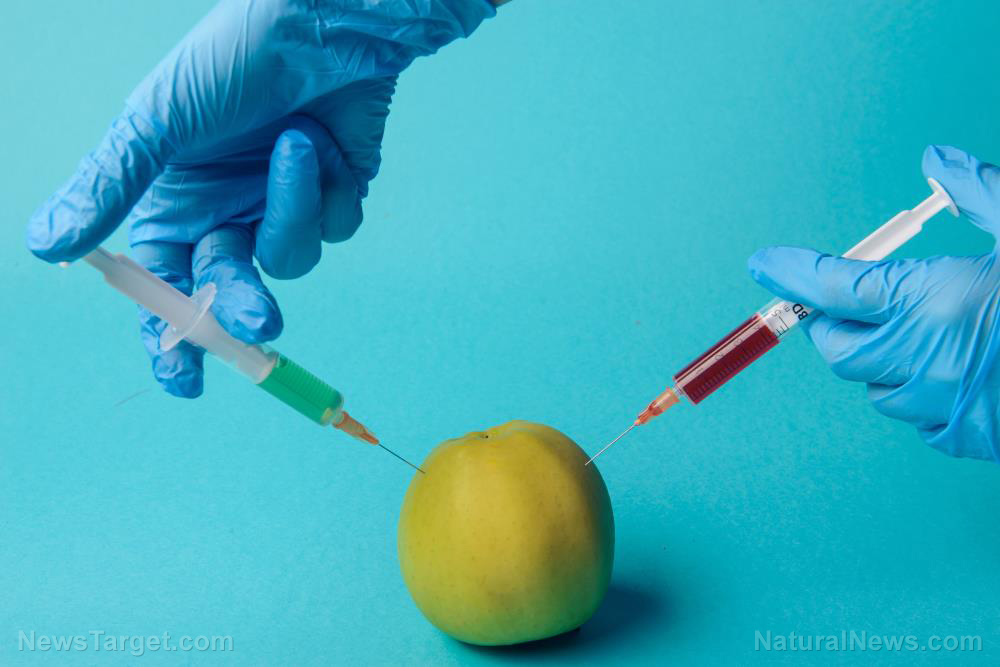
This grim news comes on the heels of the release of dicamba-resistant GMO crops, developed by the world's most hated company, Monsanto. DowDupont and BASF SE have also created dicamba-resistant crops. Who else would be behind the extinction of monarch butterflies besides the biotech industry?
What is dicamba and why is it such a massive threat?
As Modern Farmer explains, dicamba is an herbicide intended to target broad-leaf weeds, rather than weeds from the grass family. Typically, it's used alongside other pesticides and herbicides, like glyphosate -- which surely makes for the ultimate toxic chemical cocktail.
Dicamba "works" by imitating natural plant hormones, leading to unnatural growth and eventual death. Dicamba is considered to be more toxic than glyphosate, but less toxic than some other common herbicides like 2,4-D.
One thing that makes dicamba especially problematic is its capacity to drift. In the past, dicamba has only been applied to soil pre-season to reduce its ability to spread beyond the intended area. Now Monsanto and their brethren have developed dicamba-resistant crops -- prompting more spraying of the drift-prone herbicide.
With its tendency to drift, the Center for Biological Diversity estimates that an additional 9 million acres of land will be contaminated with dicamba -- on top of the 60 million acres that will be sprayed directly.
In 2017, dicamba-resistant GMO crops were planted on some 25 million acres of farmland -- and the weed killer drifted far and wide. And as the Center's report revealed, "In 2017 there were reports of at least 3.6 million acres of off-target, herbicide-induced damage to agricultural crops and an unknown amount of damage to native plants and habitats, including forests."
Monarch butterflies put at risk
Monarch butterfly populations have been decreasing steadily for the last 20 years. In fact, their numbers have dropped by 80 percent during the last two decades. This alone should be cause for alarm, but now, Big Ag is looking to spray their migratory habitat with yet another toxin -- which is sure to be a recipe for further endangerment, if not flat-out extinction.
Center for Biological Diversity's senior scientist Nathan Donley said in a statement, "America's monarchs are already in serious trouble, and this will push them into absolute crisis."
One of the primary concerns is that dicamba (and dicamba drift) will wipe out the beloved butterfly's food supply. Milkweed is "the only food source" for monarch caterpillars and is essential for reproduction. Beyond that, flowering plants in general will be at risk of destruction via dicamba drift.
Donely contended further, "When dicamba's use on [genetically engineered] cotton and soybeans comes up for reapproval later this year, the only responsible thing for the EPA to do is allow that approval to expire."
Of course, it would be a special occasion if the EPA actually did their jobs, wouldn't it? The letters in their name may stand for "Environmental Protection Agency," but when push comes to shove, the federal agency falls short of actually protecting the environment. Take for example, the heartbreaking letter from a dying EPA scientist, begging her colleagues to stop hiding the truth about the dangers of glyphosate.
If the letter penned by Marion Copley is any indication, it seems that dicamba can expect reapproval despite the clear threat it poses to monarch butterflies and other species. Fortunately, some states are taking action; Arkansas recently banned dicamba. Even if the federal government can't get its act together, perhaps more states will continue to exercise their rights and ban these toxins. [Related: Learn more about dicamba and other toxic chemicals at Pesticides.news.]
Sources for this article include:
BiologicalDiversity.org [PDF]
Please contact us for more information.























